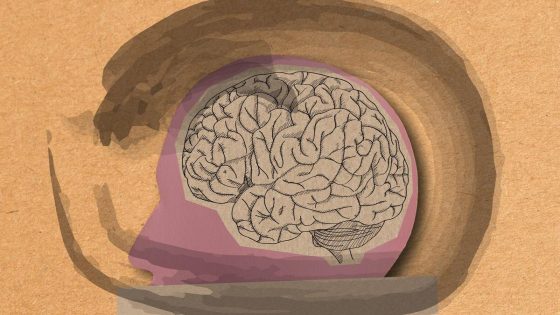Gluten has long been labeled a dietary villain, especially for those suffering from irritable bowel syndrome (IBS). However, recent research published on 2025-07-23 00:10:00 challenges this perception, suggesting that gluten may not be the culprit many believe it to be.
- Gluten may not trigger IBS symptoms.
- Study conducted by McMaster University researchers.
- IBS affects 5-10% of the population.
- Psychological factors influence IBS symptom perception.
- Patients may need support to reintroduce gluten.
- Many refuse to accept gluten's safety.
Conducted by scientists at McMaster University, the study revealed that IBS patients experienced similar symptoms after consuming gluten-containing foods as they did with gluten-free options. This finding indicates that expectations might play a significant role in symptom generation.
This raises an important question: Are we too quick to blame gluten for our digestive woes? The study’s results imply that many individuals may be experiencing a nocebo effect, where their belief in gluten’s harmfulness exacerbates their symptoms. To better manage IBS, consider the following:
- Consult with a healthcare professional for personalized dietary advice.
- Keep a food diary to identify actual triggers beyond gluten.
- Explore psychological support to address food-related anxieties.
- Gradually reintroduce gluten under medical supervision if appropriate.
As we continue to unravel the mysteries of IBS, it’s crucial to approach dietary changes thoughtfully. Engaging with healthcare providers can lead to better management strategies and improved quality of life.

















![[Adobe Stock]](https://news.faharas.net/wp-content/uploads/2025/07/Ketogenic-Diet-Boosts-Brain-Blood-Flow-by-22-and-BDNF-230x129.jpg)















